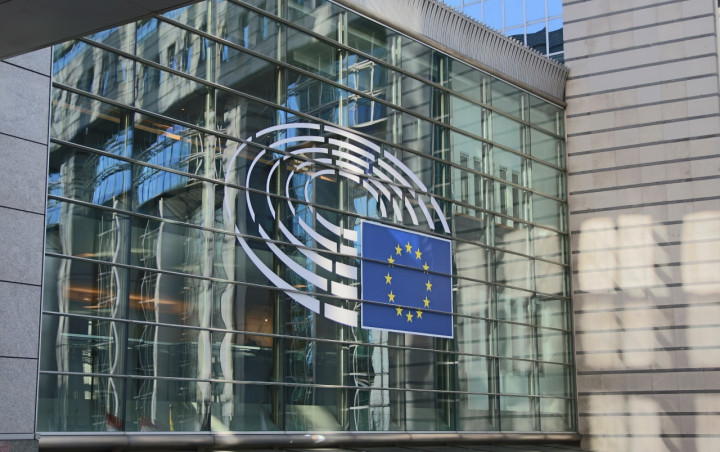EU institutional reform
Making our democracies more resilient by advancing Europe together.

The European Union is our common project, built over decades to ensure peaceful coexistence and economic prosperity. Eurosceptic and nationalist movements are continuing to grow across Europe and beyond, threatening the foundations of life as many of us have come to know it. It is time for a new chapter in European history and it requires a new vision that unites our common goals and overcomes our common weaknesses.
Volt is the first pan-European party with a common programme across 31 European countries. For us, the EU is far from perfect. It has delivered remarkable achievements, but in our view it is more urgent than ever to take the next step: We want to make the European Union more democratic, transparent and efficient and able to actually represent its diverse people and societies. We want tol transform the European Union into a community that can compete successfully with other superpowers and ensure that European countries remain competitive and secure in an increasingly unpredictable world.
In our joint programme, all 31 chapters of Volt propose to:
European Institutions
Introduce the right of legislative initiative for the European parliament - the only parliament in the world that cannot propose laws - and the only European institution that is elected by its people and thus should have every right to propose legislation.
Transition the Council of Ministers to a 2nd legislative chamber with equal representation for each member state to balance the Parliament which has population-based representation.
Abolish the member state veto in favour of a qualified or super-qualified majority (60% of member states representing 60% of the population) to stop member states using their veto to block, slow down or hold the EU hostage.
Advocate transitioning to a real EU Government with ministries instead of Directorates General starting with a European Ministry of Foreign affairs as well as a Ministry of Economics and finance, who represents the EU on international level.
Initiate the process of a European Constitution by the Parliament to replace existing EU treaties and detail the fundamental rights and obligations of citizens and the institutional set-up of the EU.
Alignment with national legislation
Align European and national legislation cycles in order to reduce the time from adoption on EU level to implementation in national legislation.
Citizen Participation
Reduce the size of European Citizen Initiatives (ECI) from 1 million to 500.000 signatures to give citizens more of a say and input on the political agenda of European Institutions.
Elect a president of the European Union directly by the citizens with a symbolic role similar to the current President of the Republic of Slovenia, while the president of the European Commission, the European government, should be elected through the Spitzenkandidatenprocess by the European Parliament.
(version 02-2025)